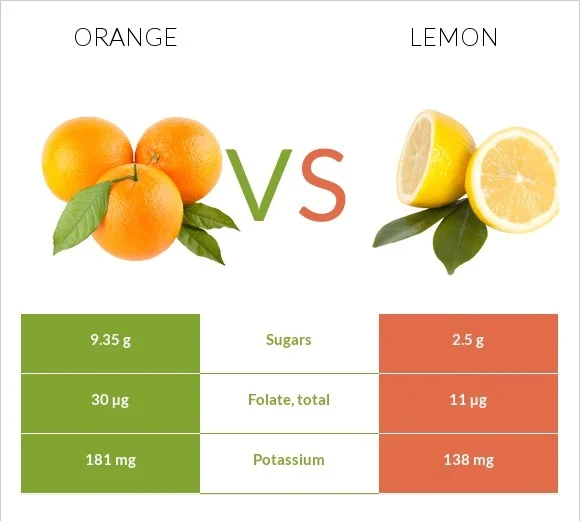Can Dogs Eat Limes? Limes are a popular citrus fruit for human consumption, but many pet owners think they can also feed their dogs lime juice. However, some experts warn that limes may be dangerous for dogs to eat because of the high acid content.
Some believe that the acid could damage a dog’s teeth and gastrointestinal system. If you’re considering giving your dog a lime, be sure to discuss its safety with your veterinarian first.
Are Limes Toxic For Dogs?
Limes are a popular citrus fruit in North America, and they are also popular with dogs. However, limes can be toxic to dogs if ingested. In fact, limes are even toxic for cats and horses as well.
The toxicity of limes is due to the citric acid in the fruit. Citric acid is a sour-tasting compound that is also responsible for the sour taste of limes. When consumed by dogs, citric acid can cause vomiting and diarrhea. In extreme cases, citric acid can lead to liver damage or even death.
If you own a dog and you give them lime juice as a treat, make sure to limit their intake to small amounts and monitor their behavior closely. If your dog does ingest too much lime juice, contact your veterinarian immediately.
Limes are toxic to dogs, but that does not mean your dog will die if he taste lime. Most dogs have a slight taste of lime. How your dog responds to it depends on many factors such as the size of your dog, how much lime he ate and what part of the lime he had.
Lime Poisoning Symptoms
If your dog ingested lime, they’re most likely to experience an upset stomach. If they ate more than just a taste, they may also develop vomiting or diarrhea.
If you suspect your dog has been poisoned by limes, give them plenty of water and food to help relieve their symptoms.
If the poisoning is severe, your veterinarian may need to administer activated charcoal to help with the detoxification process.
If your dog ingests lime juice, they may experience 5 Lime Poisoning Symptoms:
- Vomiting
- Diarrhea
- Drooling
- Intense thirst
- Increased heart rate
If left untreated, these symptoms can lead to kidney failure and even death in some cases.
What are the Risks of Eating Limes?
Can Dogs Eat Limes? There are a few risks associated with feeding limes to your dog.
- First and foremost, lime juice can be harmful to your pet’s skin and digestive system
- Secondly, limes are high in sugar content, which can lead to obesity and other health problems in pets
- Lastly, limes contain a number of chemicals that can cause poisoning in dogs if ingested in large quantities
How do Limes Affect Dogs?
We found that lemons are bad for dogs, but why?
There are three main compounds in limes that are toxic to your puppy. Two of these, limonene and linoleol, are essential oils.
Limonen
Limonene is one of the main constituents of citrus fruits. It is used for fragrance and fragrance in many products.
Linoleum
Linoleum also contributes to the citrus scent. Like limonene, linoleum is used as a fragrance in soaps and lotions, but it is also used as a pesticide.
Both of these compounds are highly toxic to dogs. They are both found in high concentrations in the skin of lime, but they are also present in the flesh of lime. These compounds are also high in the leaves of the lemon tree, so they can be toxic to dogs.
Psoralen
It is not an essential oil, but it is still toxic to dogs. It is a phototoxic compound found in limes and other citrus plants. In humans, it is used to treat skin conditions. In dogs, it can cause all sorts of adverse reactions, including phototoxicity.
Don’t Limes Have Any Health Benefits for dogs?
For the question, Can Dogs Eat Limes? Recent research suggests that limes may not have any health benefits for dogs. While some people may think of limes as a healthy snack for their pup, the juice from limes can contain high levels of toxic compounds.
These compounds can potentially be harmful to your dog’s health, and there is no evidence to suggest that they offer any benefits. Unless you’re specifically looking for ways to harm your pet, stick to consuming fresh fruits and vegetables instead of juicing with limes.
Can My Dog Eat Any Other Citrus?
There are many different types of citrus fruits that can be eaten by dogs, including lemons and limes. However, because lemons and limes are so similar, some dog owners choose to avoid them because they believe that it becomes poisonous if they eat them.
Other sour citrus fruits, such as grapefruit and oranges, are also safe for dogs to eat. Some research suggests that sour citrus fruits may have some health benefits for dogs, including helping to fight inflammation and promoting overall health.
If you want to provide your dog with some natural vitamin C, there are still plenty of other fruits and vegetables that can do just that.
In addition to oranges, you can also try pineapple, kiwi and asparagus. All of these are safe for your dog to eat and can still provide high levels of vitamin C.
What is the difference between limes, oranges and lemons?

Lemons are the acidic fruit of a citrus tree, while limes are the sweet citrus fruit. The difference between lemons and limes is that limes have a sour taste, while lemons are sweeter.
Lemons are also used to add flavor to food, while limes are used for their juice. Limes are toxic to dogs and can be harmful if ingested and lemons will have twice C vitamin than limes.
Can Limes Kill Dogs? What to do if my Dog ate one?
Can limes kill dogs? It’s a question people have been asking for years. Some believe that limes can be toxic to canines, while others think there is no evidence that limes can be harmful to our four-legged friends. In reality, the answer is likely somewhere in between these two extremes.
Lime toxicity in dogs has been the topic of much online speculation and debate, with many dog owners convinced that their pets have died after consuming limes. However, the available scientific evidence is inconclusive and it’s important to remember that even if a lime does contain harmful chemicals, it’s still unlikely to kill your dog outright.
Symptoms of lime toxicity in dogs typically include vomiting, diarrhea, and difficulty breathing. If left untreated, these symptoms can lead to dehydration and organ failure.
Conclusion
In conclusion, do not give your dog limes – even if they seem like a safe fruit. Too much exposure to lime can be deadly, so be sure to keep them away from them at all costs. If your dog does manage to get a hold of a lime, be sure to get them to a veterinarian as soon as possible.

